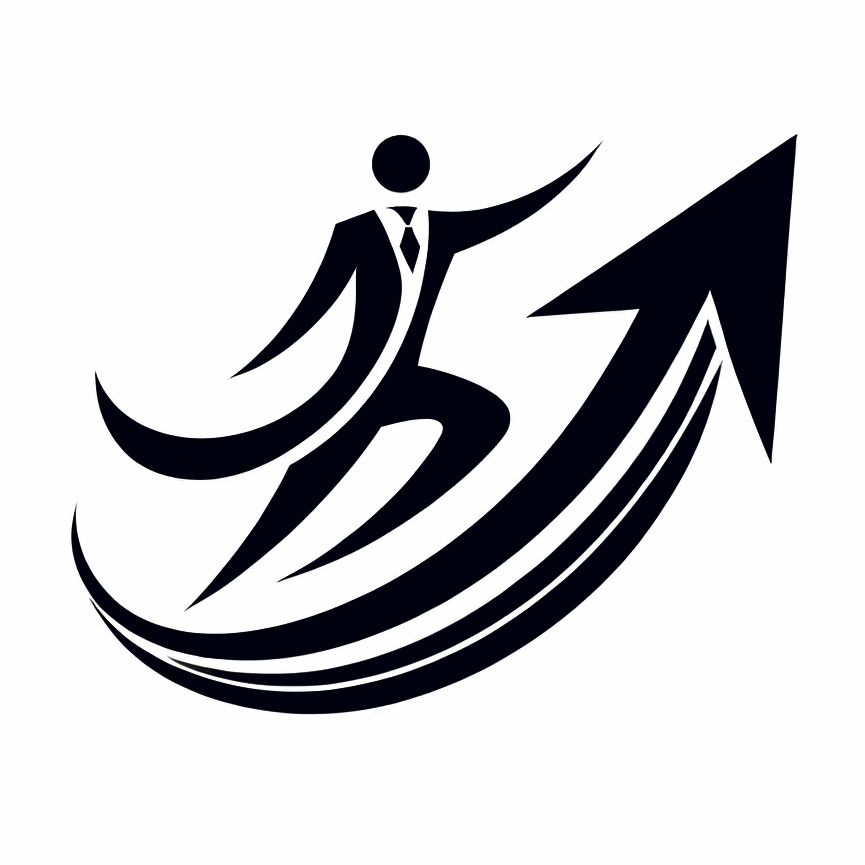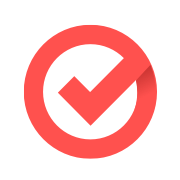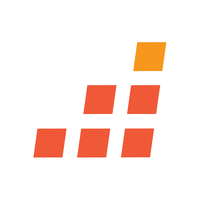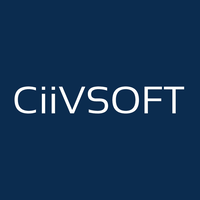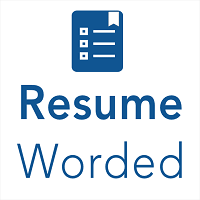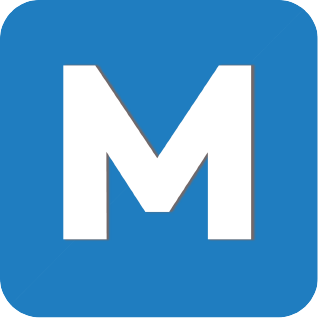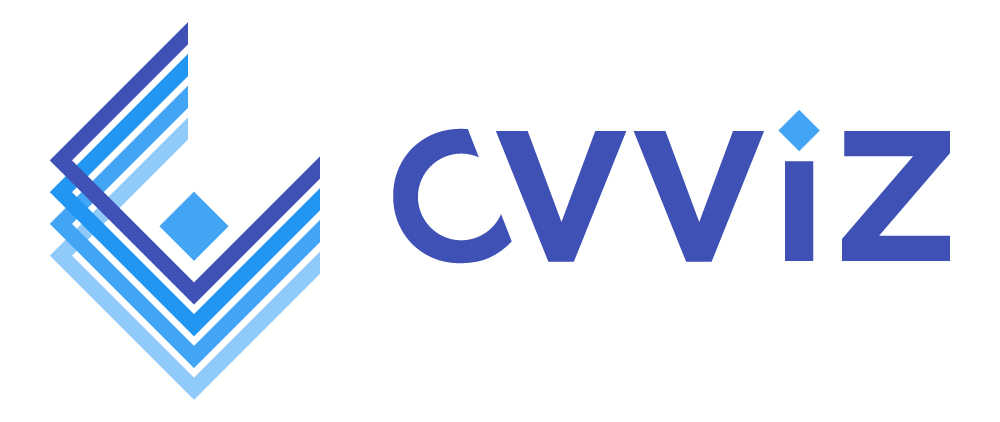What Is Resume Screening Software?
Resume screening software is an effective tool for streamlining the hiring process by automating the initial evaluation of job applications and resumes. This program employs artificial intelligence and natural language processing algorithms to sift through a huge number of resumes and select the best candidates for a given position. It enables hiring managers to efficiently sift through a large volume of applications and focus on the most relevant and promising prospects.
One of the primary tasks of resume screening software is keyword matching. It examines the job description and preferred qualities and compares them to the content of each CV to see whether there is a fit. This eliminates the need for manual keyword searches, saving time and effort for the hiring staff. Another essential aspect of resume screening software is the ability to rank candidates according to their qualifications and experience.
This rating system evaluates each candidate's suitability for the position based on a variety of characteristics, including education, relevant abilities, and work experience. This enables hiring managers to prioritize their reviews and concentrate on the most promising candidates first. In addition, resume screening software is an effective approach to exclude unqualified prospects.
It can detect red flags or irregularities in a candidate's résumé, such as gaps in employment or disparities in job history. This helps hiring managers avoid wasting time on applicants who do not meet the job's basic requirements. Furthermore, resume screening software provides customized filters, allowing hiring managers to focus their search based on unique needs and preferences.
This is especially important for positions that demand specialized talents or experience. It can also interact with applicant tracking systems, making the recruitment process more fluid and efficient. Overall, resume screening software provides a variety of features and functionalities that can considerably improve the hiring process for both small and large companies. By automating the initial resume assessment, hiring managers save time and resources while focusing on interviewing and selecting the best candidates for the job.
What Are The Recent Trends In Resume Screening Software?
Recent advances in resume screening software include the use of artificial intelligence (AI) and machine learning (ML) technology, a shift to mobile and cloud-based solutions, and an emphasis on diversity and inclusivity during the recruiting process. AI and machine learning are transforming the resume screening process by automating processes like resume parsing, keyword matching, and candidate ranking.
This not only saves time and decreases human error, but it also enables more unbiased and data-driven hiring decisions. Mobile and cloud-based solutions are becoming increasingly popular because they allow recruiters to access and assess resumes at any time and from any location. This is especially effective for remote recruiting and mobile recruitment, making the process more efficient and streamlined.
Furthermore, diversity and inclusivity are becoming increasingly essential aspects in the hiring process, and resume screening software is growing to accommodate this. Some software now has blind hiring features, which allow for an unbiased evaluation of candidates based on their skills and qualifications rather than their personal information.
Another trend is the use of data analytics to track and measure the efficacy of hiring processes. This provides useful insights, allowing recruiters to discover areas for development and optimize their recruitment methods.
Benefits Of Using Resume Screening Software
When it comes to hiring for your company, one of the most time-consuming and difficult processes is sorting through hundreds of resumes to locate the right individual. This method can be time-consuming and prone to human mistake and bias. Fortunately, there is an advanced tool available to help speed and improve this process: resume screening software. Resume screening software employs algorithms and artificial intelligence to scan and filter resumes, allowing you to rapidly and reliably find the best candidates for a position. But, what are the special advantages of employing this type of software? Let's go exploring.
1. Saves Time And Improves Efficiency: As previously said, personally analyzing resumes can be time-consuming, particularly if you have a big pool of applicants. With resume screening software, you may drastically reduce the amount of time spent on this activity. The software can read and assess resumes in seconds, allowing you to concentrate on more critical areas of the hiring process.
2. Reduces Bias And Promotes Diversity: Humans are prone to bias, either conscious or unconscious. This can lead to a lack of workplace diversity, which can be detrimental to your organization. However, resume screening software adheres to a set of preset criteria and eliminates personal biases, resulting in a fair and diverse hiring process.
3. Enhanced Candidate Quality And Fit: Resume screening software evaluates resumes based on a variety of factors, including education, skills, experience, and keywords. This implies that only the most qualified and relevant applicants are chosen, improving the likelihood of finding the ideal candidate for your firm.
4. Customizable Filters For Focused Hiring: Some software allows you to adapt the screening criteria based on your individual needs. For example, you can filter by region, years of experience, or a certain skill set. This enables for targeted recruiting and saves you time analyzing resumes that do not satisfy your requirements.
5. Improves Compliance With Employment Laws: When dealing with a huge volume of resumes, it is easy to overlook critical information or legal requirements. Resume screening software ensures that all resumes are screened consistently and compliantly, lowering the risk of legal consequences.
6. Cost-Effective: Investing in resume screening software may involve a one-time cost, but it can save you money over time. Streamlining and refining the hiring process can help you save money on recruiting costs like advertising and hiring agencies.
Important Factors To Consider While Purchasing Resume Screening Software?
When looking for the best resume screening software for your company, there are numerous crucial elements to consider. This type of software is intended to help streamline the hiring process by automating the first screening of resumes and selecting top applicants for further consideration.
To ensure that you choose the proper software for your purposes, keep the following crucial criteria in mind:
1. Features And Functionality: Before making a purchase, carefully evaluate the software's features and capabilities. Look for options like resume parsing, keyword-based filtering, and customized screening criteria. It's also a good idea to see if the program works with other HR tools, such as your application tracking system.
2. User-Friendliness: A user-friendly interface is critical to ensuring that your HR team can effortlessly access and use the program. Consider using software that provides a sample or trial period so you can get a feel for the interface and simplicity of use before making a decision.
3. Accuracy And Reliability: The most important feature of resume screening software is its ability to properly and consistently identify top prospects based on your specific criteria. To achieve high screening accuracy, look for software that incorporates modern algorithms and machine learning.
4. Candidate Experience: The experience of potential candidates should be considered during the resume screening process. Select software that provides a user-friendly and clear application procedure to improve the candidate experience and prevent losing qualified prospects due to a confusing or lengthy screening process.
5. Cost And Scalability: Think about your budget and the software's scalability as your firm grows. Some software may have limited capabilities or charge extra for more features or users, so carefully check price plans and ensure they meet your business needs.
6. Customer Assistance: As with any product, it is critical to assess the degree of customer assistance available. Look for a provider who provides timely and dependable technical support, as well as training and tools to assist your staff in efficiently utilizing the software.
By taking these aspects into account, you can make an informed selection and select the best resume screening software for your company's needs while also improving your hiring process. So, before making a purchase, take the time to research and compare several possibilities to guarantee you're investing in the best software for your firm.
What Are The Key Features To Look For In Resume Screening Software?
When selecting the best resume screening software for your company, it's critical to examine essential aspects that can make the screening process more efficient and successful.
Here are some crucial elements to consider:
1. Customizable Criteria: Look for software that allows you to establish your own criteria for screening resumes, such as specific talents, experience levels, and keywords. This saves time by reducing the number of candidates to those who satisfy your precise criteria.
2. Automated Screening: One important aspect of resume screening software is the ability to scan and filter resumes depending on your criteria. This simplifies the screening process and eliminates the need for a human examination of each resume.
3. Integration With Job Boards: Make sure the software you choose interacts with popular job boards such as Indeed and LinkedIn, allowing you to simply get resumes from these platforms and screen them within the software.
4. AI-Powered Features: Look for software that employs artificial intelligence (AI) to evaluate resumes and match them to job criteria. This can assist in identifying top candidates more precisely and promptly.
5. Candidate Tracking: Having a system in place to follow candidates throughout the hiring process is essential. Look for software that lets you follow applicants from the screening process to the final hiring decision.
6. User-Friendly Interface: Even non-technical users should find the software straightforward to use and navigate. This will guarantee that the screening process runs smoothly and efficiently for all concerned.
7. ATS Compatibility: If your firm currently has an application tracking system (ATS), ensure that the resume screening software you chose is compatible with it. This will ensure a smooth integration and avoid data loss or duplication.
8. Data Analytics: The program should provide information about your screening process, such as the number of applicants, pass/fail rates, and top candidates. This allows you to make data-driven judgments and improve your employment process.
9. Customer Support: Look for software that provides excellent customer service, such as training and support resources, as well as prompt assistance in the event of any problems or inquiries.
Consider these crucial aspects when comparing resume screening software choices, and select the one that best meets your company's needs and budget. With the appropriate tools, you can speed up the hiring process and locate the top people for your open roles.
Why Do Businesses Need Resume Screening Software?
As the employment market gets more competitive, firms receive hundreds, if not thousands, of resumes for each open position. This deluge of applications can be daunting for hiring managers and HR departments, making it tough to sift and select the best applicants.This is when resume screening software comes into play.
This software, designed primarily for processing through massive amounts of resumes, automates the screening process using algorithms and artificial intelligence. By assessing key characteristics such as keywords, education, and work experience, it can swiftly find the resumes that are most relevant and fulfill the job specifications. But why does a firm require this software?
Aside from saving time and resources, resume screening software provides several other benefits. For starters, it eliminates the prospect of making discriminatory recruiting judgments based on race, gender, or ethnicity. This ensures that all applicants have equal and fair opportunities. Furthermore, with the option to personalize and specify precise criteria, organizations may easily exclude unqualified individuals while focusing on those who have the necessary skills and qualifications.
This not only expedites the hiring process, but also results in more accurate and dependable employment judgments. Another significant advantage of resume screening software is its capacity to improve the candidate experience. By giving timely and regular feedback, candidates are kept informed throughout the process, resulting in a favorable impression of the organization.
This can help to boost the employer brand and attract top people in the future. Additionally, resume screening software frequently combines with other recruiting tools, such as applicant tracking systems, resulting in a smooth and efficient process from start to finish.
How Much Time Is Required To Implement Resume Screening Software?
When deploying resume screening software, you should assess how long it will take to set up and completely incorporate the software into your hiring process. The time required varies based on the software you use and the size and complexity of your company. On average, the implementation procedure can last from a few weeks to a few months.
The first step in installing resume screening software is to choose the appropriate program for your requirements. This procedure might take anything from a few days to a few weeks, depending on how much research and comparison you conduct. It is critical to assess the software's features and usefulness, as well as its compatibility with your current systems and processes.
After you've chosen a software, the implementation process usually starts with data migration. This is the process of migrating all of your existing candidate data to the new program. Depending on the amount and complexity of the data, this could take anywhere from a few days to a few weeks. After data migration, the next step is to configure the software to meet your organization's requirements.
This includes designing workflows, setting up user accounts, and defining any unique needs or criteria for the software's resume screening. This stage normally takes a few days to a week. Testing and training are the final steps of the implementation process. This includes evaluating the software to ensure it works properly and teaching your team how to use it successfully.
The amount of time required for this step varies depending on the complexity of the software and the size of your team, but it can last anywhere from a week to a few weeks. Overall, the time necessary to establish resume screening software varies from a few weeks to a few months. To achieve a seamless and effective transition to using the software, the implementation process must be planned ahead of time and allocated sufficient time and resources.
What Is The Level Of Customization Available In Resume Screening Software?
Resume screening software provides a variety of customization options to ensure that it suits the user's individual needs and preferences. The level of customisation possible is mostly determined by the type and brand of the software being utilized. One level of customisation is the ability to design personalized filters.
Users can choose particular criteria, such as keywords, education level, and work experience, to employ in the resume screening process. This helps to narrow the pool of applications and saves time for the recruiter. Another degree of customization is the option to modify the ranking system. This enables users to create their own grading system depending on the variables that they value most.
This ensures that the most qualified and relevant individuals receive precedence during the screening process. Some resume screening software allows you to adjust the style and design of the interface. This allows users to customize their dashboard and make the software more user-friendly based on their preferences.
Furthermore, certain resume screening software allows you to create bespoke questionnaires or evaluations that may be emailed to candidates during the application process. This allows us to screen applicants more thoroughly and acquire a better understanding of their talents and qualifications. Furthermore, some software supports integration with other programs and systems utilized by the firm.
This allows for a smooth flow of information and guarantees that the screening procedure is consistent with the company's current recruitment and hiring practices. Overall, the level of customization offered in resume screening software varies, but it is critical for users to identify their individual requirements and select software that provides the level of customization required to maximize speed and effectiveness in the recruitment process.
Which Industries Can Benefit The Most From Resume Screening Software?
Resume screening software, often known as applicant tracking systems (ATS), is a useful tool for companies in a variety of industries. Its ability to automate the recruitment process and rapidly screen massive amounts of resumes makes it an invaluable resource for any organization wanting to employ top talent. However, certain industries may profit more from this software than others.
Let's explore, we'll look at which industries can benefit the most from investing in resume screening software.
1. Large Organizations: Large organizations with various departments and significant recruitment requirements can greatly benefit from resume screening software. These organizations receive a large number of job applications, which can be difficult to vet manually. The process becomes more frictionless using resume screening software, freeing up the HR team's time for other critical responsibilities.
2. Healthcare: The healthcare sector frequently has high job standards and a large number of applications. Resume screening software can help you select resumes based on keywords, credentials, and experience, making the hiring process more efficient and accurate.
3. IT And Tech: In the fast-paced technology industry, time is of the essence, and positions must be filled quickly. Resume screening software helps speed up the recruitment process by automatically selecting applications based on technical abilities and experience, ensuring that the top candidates are chosen.
4. Education: Schools, universities, and other educational institutions are constantly in need of teachers and staff. Resume screening software can assist speed up the hiring process by scanning through resumes and selecting potential prospects for further consideration, saving time and resources.
5. Customer Service: In areas like retail, hospitality, and contact centers, customer service is critical. Resume screening software can be tailored to screen for abilities such as communication, problem-solving, and teamwork, ensuring that only individuals with the requisite qualifications are chosen for these positions.
6. Government Agencies: Government agencies at both the federal and state levels frequently get a large volume of employment applications. Agencies can use ATS software to streamline the hiring process, comply with hiring requirements, and discover the best candidates for specific employment openings.
7. Startups: Although smaller than large organizations, startups frequently have considerable recruitment demands, particularly in the early stages of expansion. Resume screening software can help companies save time and money by rapidly sifting resumes and discovering the finest candidates for their expanding staff.
Conclusion
To summarize, selecting the correct resume screening software is critical for any firm wanting to expedite and optimize its hiring process. With so many alternatives available, it might be difficult to discover the ideal suit for your personal needs. However, by taking into account the important features and criteria indicated in our buyer's guide, you may make an informed and confident purchase decision.
Remember to consider your budget, company size, recruiting goals, and desired features before making a purchase. A thorough product demonstration and the utilization of free trials are also necessary procedures to confirm that the program fulfills your needs and is user-friendly. When comparing different solutions, keep compatibility with your existing HR software, simplicity of integration, and customer support at the forefront.
In today's competitive employment market, having effective resume screening software can provide your organization an advantage in attracting top people and making sound hiring decisions. We hope this article has given you useful information and will help you select the finest resume screening software for your organization's HR requirements.

